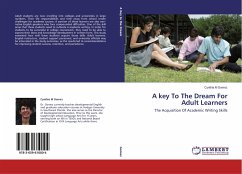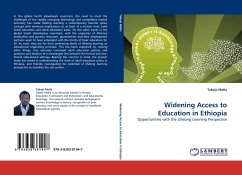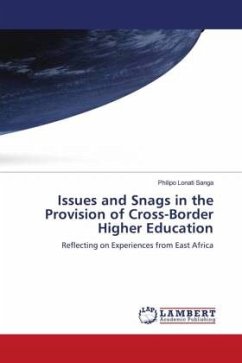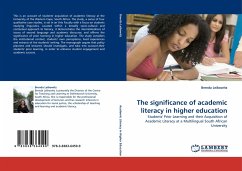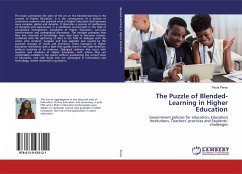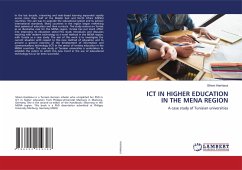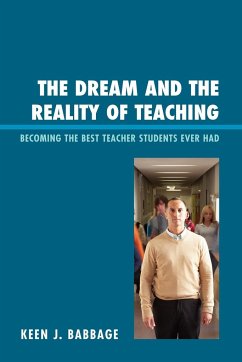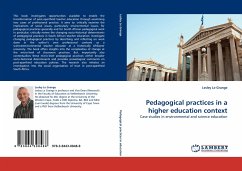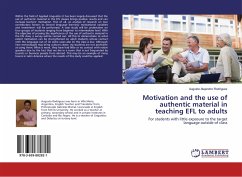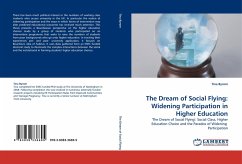
The Dream of Social Flying: Widening Participation in Higher Education
''The Dream of Social Flying'': Social Class, Higher Education Choice and the Paradox of Widening Participation
Versandkostenfrei!
Versandfertig in 6-10 Tagen
52,99 €
inkl. MwSt.

PAYBACK Punkte
26 °P sammeln!
There has been much political interest in the numbers of working class students who access university in the UK. In particular the notion of widening participation and the ways in which forms of intervention may alter predicted educational outcomes has received much attention. This thesis presents a Bourdieuian perspective on the higher education choices made by a group of students who participated on an intervention programme that seeks to raise the numbers of students from poor backgrounds who go onto higher education. In tracking their experiences pre- and post- university application, it f...
There has been much political interest in the numbers of working class students who access university in the UK. In particular the notion of widening participation and the ways in which forms of intervention may alter predicted educational outcomes has received much attention. This thesis presents a Bourdieuian perspective on the higher education choices made by a group of students who participated on an intervention programme that seeks to raise the numbers of students from poor backgrounds who go onto higher education. In tracking their experiences pre- and post- university application, it focuses on Bourdieu's idea of habitus. It uses data gathered from an ESRC funded doctoral study to illuminate the complex interactions between the social and the institutional in forming students' higher education choices.



